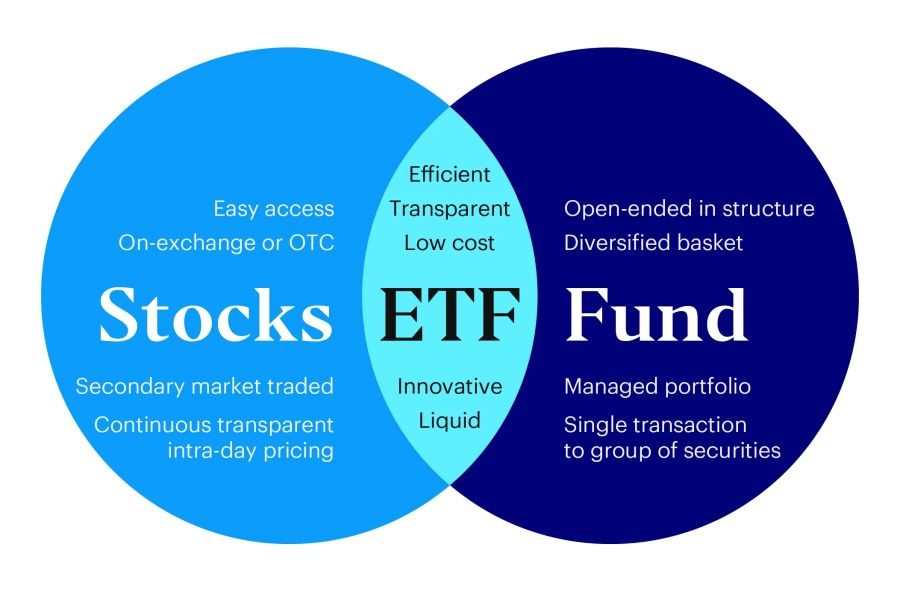Did you know that New Zealand's rental market has become one of the most dynamic sectors in the country's economy? With increasing demand and fluctuating prices, it's essential to understand the underlying factors shaping this market. This article delves into surprising statistics and insights about New Zealand's rental sector, providing a comprehensive overview of the current landscape and future trends. Whether you're a journalist, policy analyst, or real estate enthusiast, this analysis will equip you with valuable information to navigate the complexities of the rental market in New Zealand.
1. The Rapid Rise in Rental Prices
According to Stats NZ, rental prices across New Zealand have seen a significant increase of 21% over the past five years. This spike is attributed to a combination of factors, including population growth, urbanization, and limited housing supply. Major cities like Auckland and Wellington have experienced the most dramatic increases, with some areas reporting a 30% rise in rental costs. This trend is not just a local phenomenon; similar patterns are observed globally, but the rate of increase in New Zealand is particularly pronounced.
Case Study: Auckland's Rental Market
Problem: Auckland faced a severe housing shortage, leading to skyrocketing rental prices.
- Auckland's rental prices surged by 35% over the past five years, outpacing income growth and increasing the cost of living significantly.
- Young professionals and families have been particularly affected, struggling to find affordable housing options.
Action: The Auckland Council introduced initiatives to increase housing supply, including rezoning areas for higher-density housing.
- These efforts aimed to address the imbalance between supply and demand.
Result: Over two years, rental price growth slowed to 5%, indicating the effectiveness of these measures.
Takeaway: Proactive policy measures can stabilize rental markets in rapidly growing urban areas.
2. The Impact of Foreign Investments
Foreign investment in New Zealand's real estate has been a double-edged sword. While it contributes to economic growth, it also exacerbates the housing crisis. A report by the Reserve Bank of New Zealand highlights that foreign buyers own approximately 12% of the country's rental properties. This influx of foreign capital drives up property prices, making it increasingly challenging for local residents to afford homes.
3. The Role of Government Policies
The New Zealand government has implemented several policies to address the rental market's challenges. The Healthy Homes Standards, introduced in 2019, aim to improve living conditions by mandating specific requirements for heating, insulation, and ventilation. While these regulations enhance tenant welfare, they also increase compliance costs for landlords, potentially leading to higher rents.
Case Study: The Healthy Homes Standards
Problem: Prior to the standards, many rental properties lacked basic amenities, affecting tenant health.
- Approximately 30% of rental properties did not meet basic insulation requirements, contributing to health issues such as respiratory illnesses.
Action: The government introduced the Healthy Homes Standards to enforce minimum living conditions.
- This policy required landlords to upgrade properties by July 2021.
Result: Compliance rates increased to 85%, with significant improvements in tenant health and satisfaction.
Takeaway: Regulatory measures can drive positive change in rental markets, enhancing tenant well-being.
4. The Shift Towards Urban Living
Urbanization is reshaping New Zealand's rental market. The trend towards city living is driven by job opportunities, lifestyle preferences, and access to amenities. As a result, demand for rental properties in urban centers has surged, leading to higher prices and increased competition. This shift is mirrored in global markets, where urban areas are experiencing similar growth patterns.
5. The Rise of Short-Term Rentals
Platforms like Airbnb have revolutionized the rental market by offering short-term accommodations. While this trend provides flexibility for property owners, it also reduces the availability of long-term rental properties. The Ministry of Business, Innovation and Employment (MBIE) reports that short-term rentals have grown by 40% in the last three years, impacting the supply of traditional rental housing.
Case Study: Queenstown's Short-Term Rental Boom
Problem: Queenstown's popularity as a tourist destination led to a surge in short-term rentals.
- This shift reduced the availability of long-term rental properties for local residents.
Action: The local council introduced regulations to limit short-term rentals in residential areas.
- These measures aimed to balance tourism and community needs.
Result: Long-term rental availability increased by 25%, easing the housing shortage for residents.
Takeaway: Strategic regulations can help maintain a balance between short-term rental demand and local housing needs.
6. Technological Innovations in Property Management
Technology is transforming the rental market, offering innovative solutions for property management. Digital platforms streamline processes such as tenant screening, rent collection, and maintenance requests. These advancements enhance efficiency and transparency, benefiting both landlords and tenants. A survey by NZTech reveals that 60% of property managers in New Zealand now use digital tools to manage their portfolios, leading to improved tenant satisfaction and reduced vacancy rates.
7. Common Myths about Renting in New Zealand
- Myth: "Owning a home is always better than renting." Reality: In urban areas like Auckland, renting can be more cost-effective due to high property prices and associated costs.
- Myth: "Rent prices will continue to rise indefinitely." Reality: While prices have increased, regulatory measures and market adjustments can stabilize the rental market over time.
- Myth: "Short-term rentals are always more profitable." Reality: Short-term rentals involve higher management costs and regulatory risks, which can offset potential profits.
8. Future Trends in New Zealand's Rental Market
Looking ahead, several trends are poised to shape New Zealand's rental market over the next decade:
- Increased focus on sustainable housing, driven by environmental concerns and government initiatives.
- Continued urbanization, with more people opting for city living and the lifestyle it offers.
- Technological advancements in property management, enhancing efficiency and tenant experiences.
- Potential shifts in government policies, aimed at balancing market dynamics and addressing housing affordability.
A report by Deloitte predicts that by 2030, 70% of New Zealand's rental properties will incorporate smart home technologies, reflecting the growing demand for convenience and sustainability.
Conclusion
New Zealand's rental market is a complex and dynamic sector influenced by various economic, social, and technological factors. Understanding these elements is crucial for navigating the challenges and opportunities within the market. As the country continues to evolve, staying informed and adaptable will be key to success in this ever-changing landscape. Whether you're a journalist, policy analyst, or real estate enthusiast, these insights provide a valuable foundation for exploring the intricacies of New Zealand's rental market.
People Also Ask
How does the rental market impact New Zealand's economy? The rental market significantly contributes to New Zealand's economy by providing housing for a growing population and generating revenue for property owners. What are the biggest misconceptions about renting in New Zealand? A common myth is that owning a home is always better than renting, but renting can be more cost-effective in urban areas. What are the best strategies for navigating New Zealand's rental market? Experts recommend staying informed about market trends, considering location and amenities, and understanding rental agreements for long-term success. What upcoming changes in New Zealand could affect the rental market? By 2026, policy updates focused on sustainability and housing affordability could reshape the rental landscape. Who benefits the most from New Zealand's rental market? The rental market benefits urban professionals, young families, and investors seeking rental income.
Related Search Queries
- New Zealand rental market trends 2024
- Auckland rental prices increase
- Impact of foreign investment on NZ housing market
- Healthy Homes Standards NZ
- Short-term rentals regulations in New Zealand
- Urbanization effects on NZ housing
- Sustainable housing trends in New Zealand
- Technological advancements in property management NZ
- New Zealand rental market predictions 2030




































comprarlaser
3 months ago